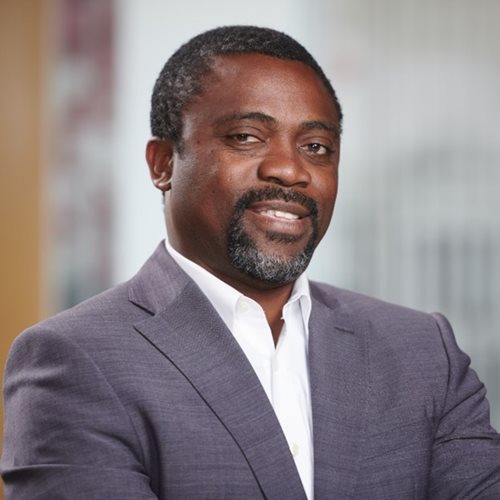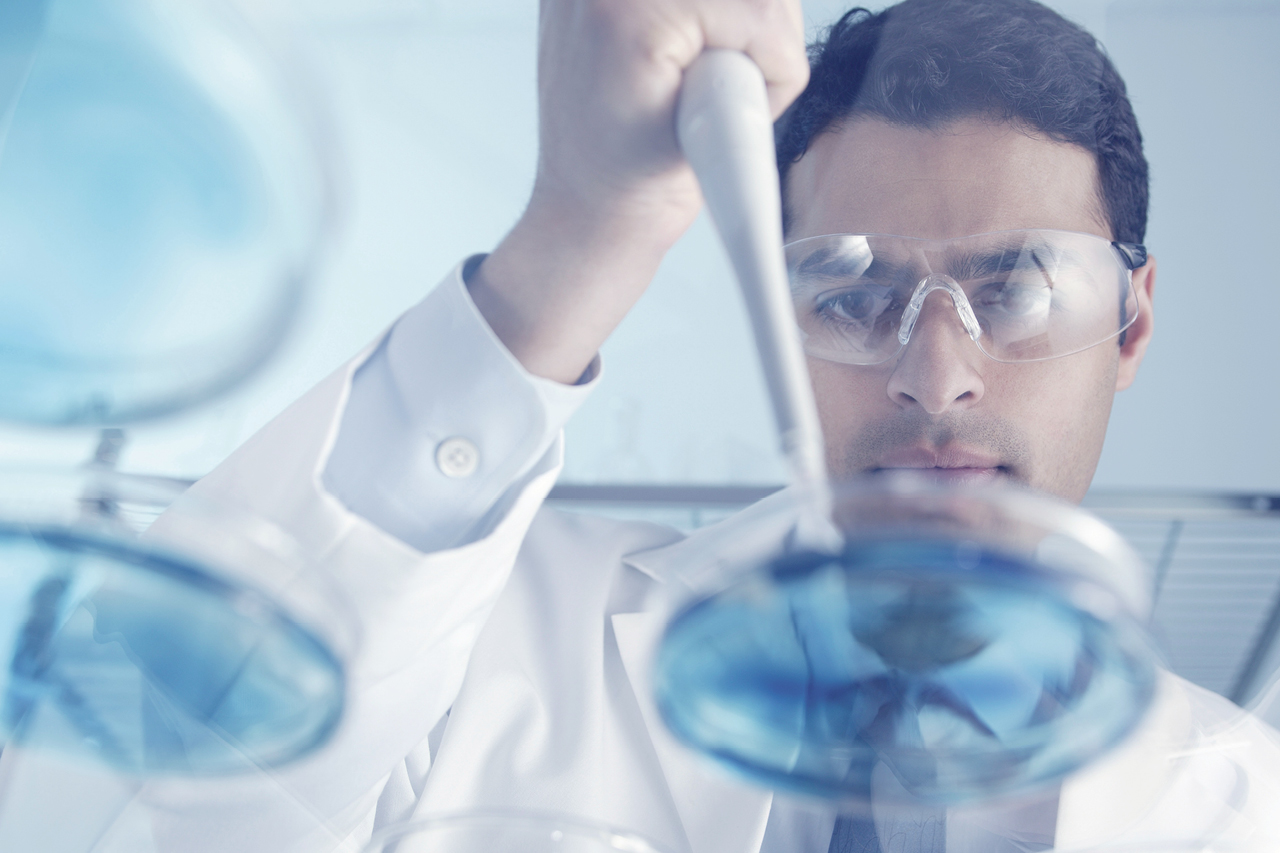
Dozie Amuzie, Head of Johnson & Johnson Innovation – JLABS Canada
Dozie is responsible for external engagement, innovation sourcing, educational programming, and many other elements to catalyze the translation of science and technology into valuable solutions for patients and consumers across the pharmaceutical, medical device, and health tech sectors. With this sector growing rapidly in our region, we wanted to share his perspective on what we can expect from our upcoming event.
TRBOT: What excites you most about the future of the life sciences sector here in the Toronto region?
Dozie: I’m most excited about the continued maturation of the life science ecosystem. By this I mean the growth of existing ideas along with the entrance of new leaders bringing us new ideas as well. These things together add breadth and depth to the ecosystem.
TRBOT: Building off that, what are some of the biggest challenges or obstacles that currently exist for the industry, but also in the Toronto region specifically?
Dozie: Access to capital, especially for early-stage companies, is the most significant challenge. In an ecosystem where money is hard to come by, ideas need to be more mature and sophisticated. Investors tend to be trusting and willing to invest in companies backed by entrepreneurs who have “done this before”, as opposed to those who are doing it for the first time.
But there are ways around that! Some of our companies at JLABS @ Toronto have leveraged and built an advisory board of experienced people or some sort of collaboration to gain experience. There are strategic ways to bring the kind of experience that is good for the business but also gives investors comfort. At JLABS we look to help early-stage entrepreneurs with these types of challenges and support first-time entrepreneurs (57 per cent of our JLABS @ Toronto CEOs) in gaining credibility.
TRBOT: Our upcoming event is titled, “Can Toronto be the next Boston?” What do you think Boston has done right in facilitating the life sciences ecosystem, and what can we in the Toronto region learn?
Dozie: Let me be a bit provocative in my answer. My short answer to that is no, Toronto cannot be the next Boston because it doesn’t need to be. Toronto needs to be a better version of itself.
I think that the path for Toronto isn’t to become Boston, it's to become a better version of a place with a 100-year history of solving cardiovascular, metabolic diseases and others. Toronto has all the right ingredients from a talent and intellectual property perspective to continue that legacy, including great educational institutions.
We should be leveraging the things that are unique to Toronto and growing in a way that even people in Boston can aspire to become!
TRBOT: So, why is now an important time for us to be having these conversations?
Dozie: We've just emerged from a pandemic that highlighted the extent to which our sophisticated science is still unable to solve some healthcare problems. It also highlighted how when facing a global problem, the solution could come from just about anywhere.
Looking at Toronto, now is the time to reflect on our globally competitive advantages and strengths. How can we cobble them together and put the right support from academia, government industry and incentives for investors to drive those kinds of tools for transformational healthcare solutions.

